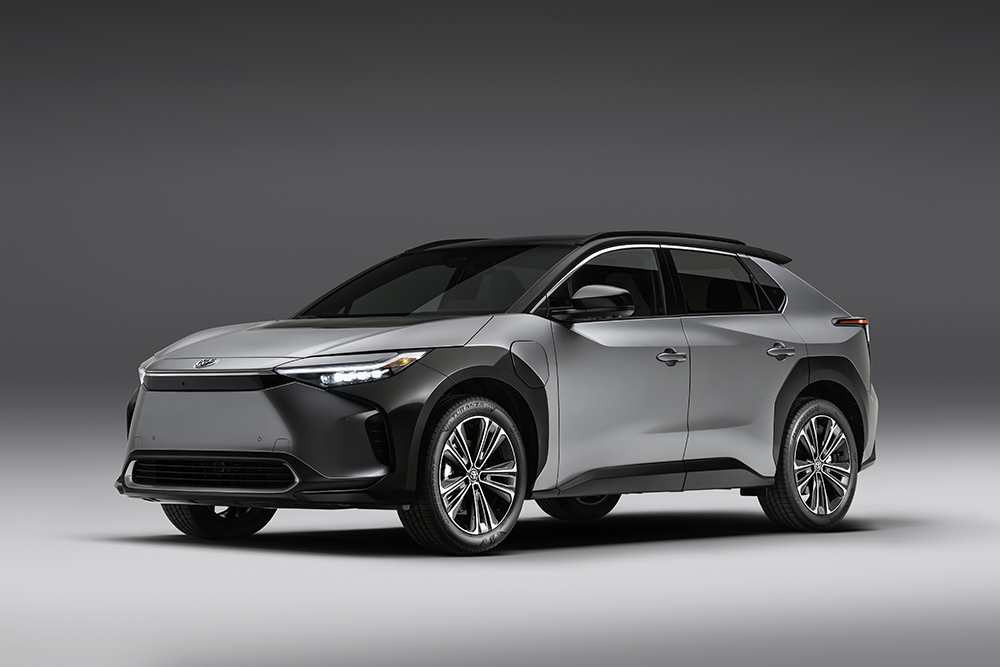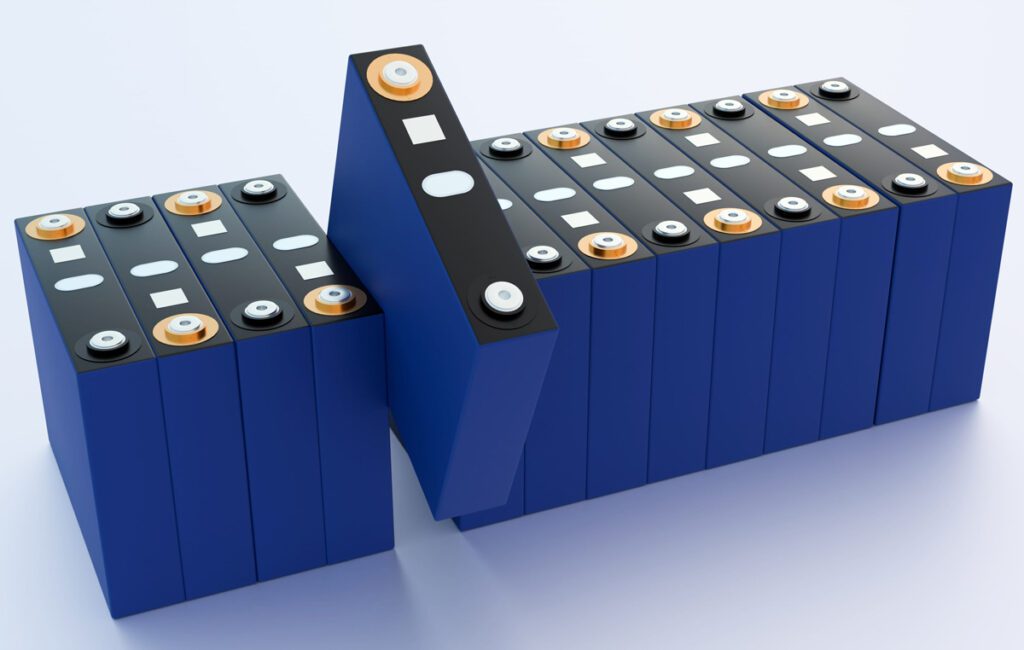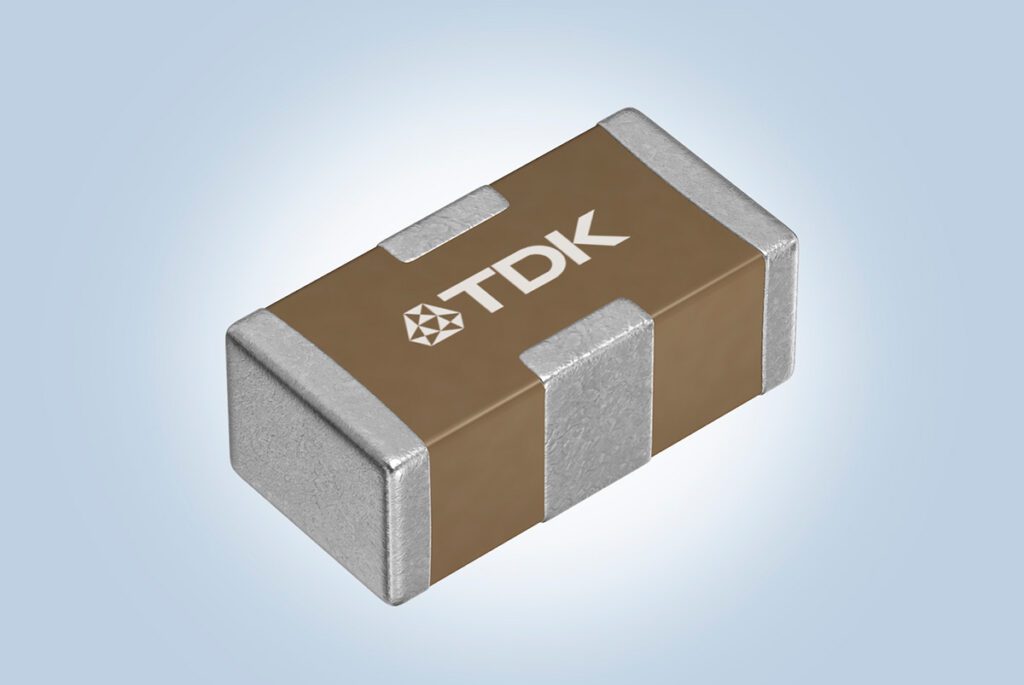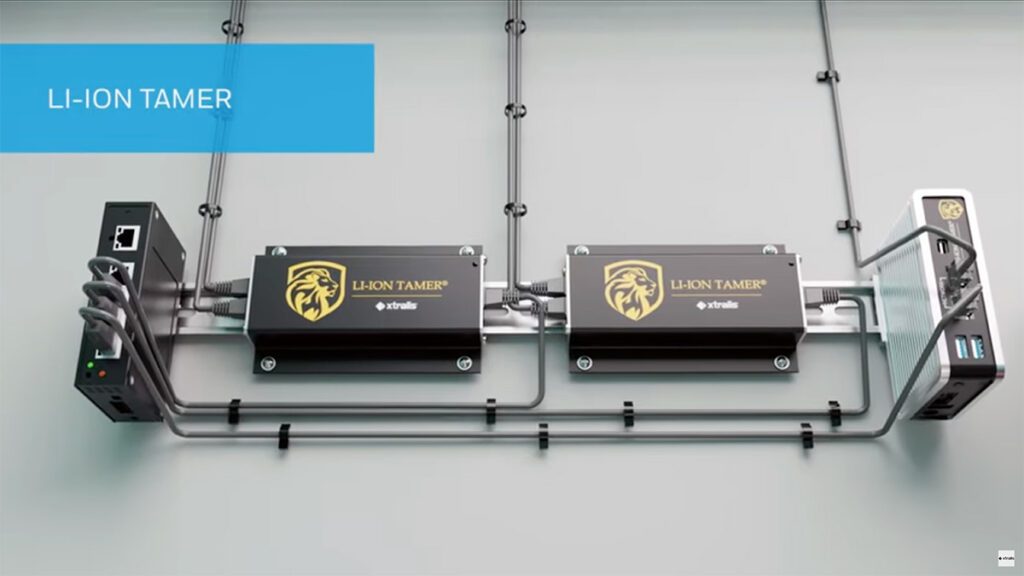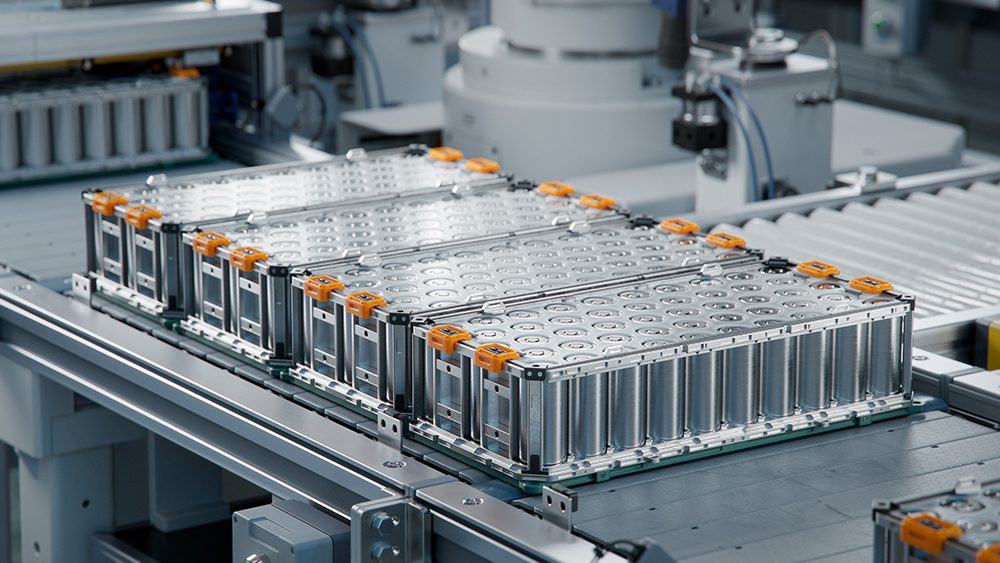Seemingly every press release about an EV or charging station includes a claim about charging time. “It can charge from X to X% in X minutes…” This is understandable, because it’s the first thing most potential EV buyers ask about (once they become actual EV owners, the fixation on charging time tends to fade). However, charging speed depends on so many factors (the EV model, its state of charge at the time, the battery age and condition, even the local weather) that these figures are next to meaningless. Furthermore, like range figures, charging speed figures may be based on laboratory tests that don’t reflect real-world driving conditions.
In the UK, a couple of ad campaigns by Toyota and Hyundai have fallen afoul of the Advertising Standards Authority, an advertising industry watchdog, for exaggerating the speed at which their EVs can be charged, and misleading consumers about the availability of fast charging stations in the UK and Ireland.
Toyota ran a marketing campaign on its web site for its bZ4X, which claimed the vehicle could be charged to 80% in about 30 minutes with a 150 kW DC fast charger. Toyota also said drivers could “easily find rapid-charging points in a number of public locations,” especially in areas where “drivers were most likely to need them.”
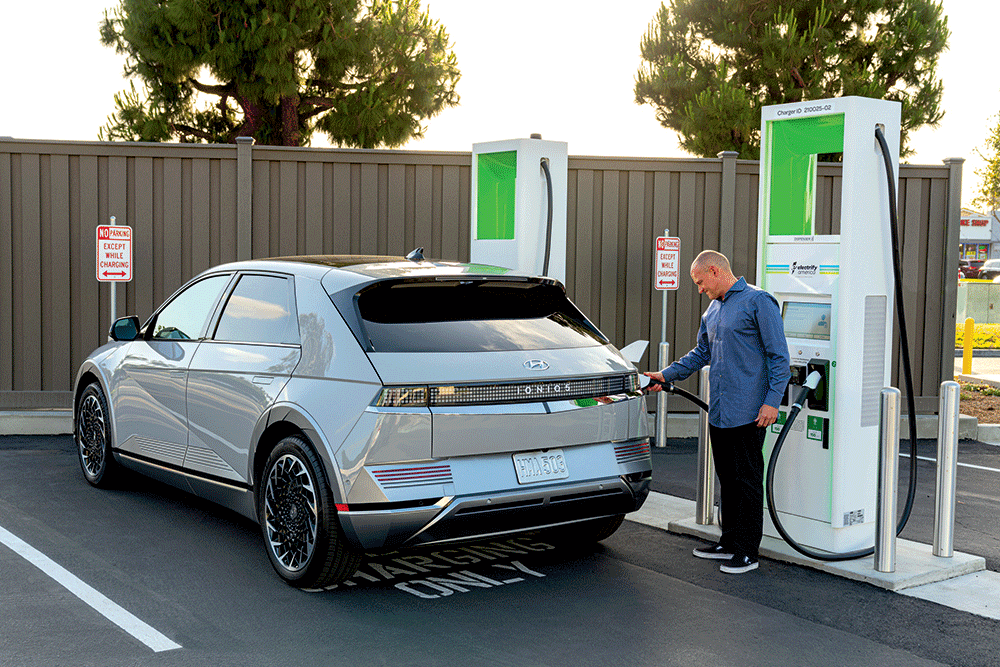
Hyundai ran a similar campaign for its Ioniq 5, claiming that the EV could be charged from 10% to 80% in 18 minutes using a 350 kW charger.
The Guardian reports that the Advertising Standards Authority received complaints challenging the charging time claims. Both companies admitted that these were measured in ideal factory conditions, and the ASA questioned whether they were achievable in the real world. The claims about the availability of DC fast charging points in the UK were also challenged.
Toyota said that at the time it ran the ad campaign, the UK web site Zap-Map showed that there were 150 kW charging points at 134 locations across the UK. However, there were just 7 in Scotland, 2 in Wales and none in Northern Ireland. The Charge myHyundai web site showed that there were 37 350 kW charging locations in Great Britain, 6 in the Republic of Ireland, “limited numbers” in Wales and Scotland, and none in Northern Ireland.
The ASA said the manufacturers had given the impression it was “relatively straightforward” to access high-power chargers across the UK. The watchdog also noted the numerous factors that affect charging times in the real world. “If any of those conditions were less than optimal, then charging times would likely take longer,” the ASA correctly pointed out.
Despite the automakers’ protests that they need to advertise fast charging times in order to address one of the main obstacles to EV adoption, the ASA banned the ad campaigns, and told Toyota and Hyundai not to mislead consumers about battery charging times in future.
This is reportedly the first time the UK’s ASA has addressed marketing claims for any EV. However, Toyota’s Lexus brand has been criticized many times in the past for misleading ads concerning EVs. In 2020, Norway’s Consumer Authority found a Lexus ad for a “self-charging hybrid” (essentially a perpetual motion machine) to be deceptive, and in violation of the country’s Marketing Act.
Source: The Guardian







